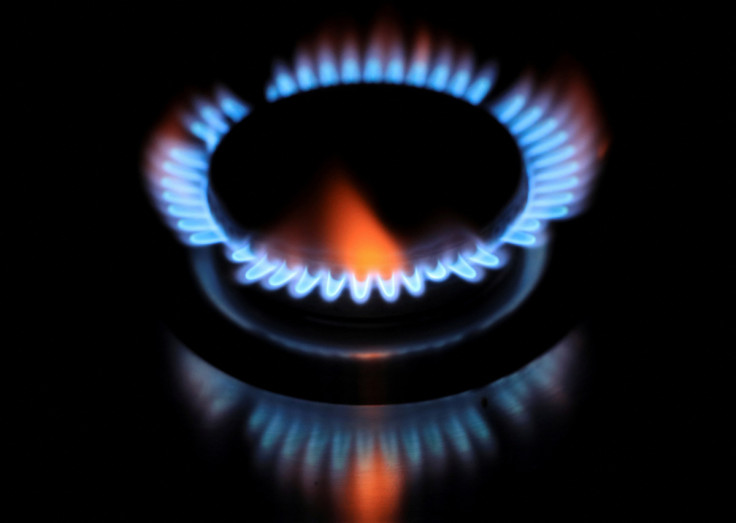EU Countries Spar Over 275 Euros/MWh Gas Cap Proposal

The 27 European Union countries disagreed on Wednesday over a proposal by the bloc's executive to cap future gas prices at 275 euros per megawatt-hour (MWh), a plan that has swiftly drawn criticism from both backers and opponents.
After months of infighting in the bloc, the executive European Commission proposed the cap ahead of a meeting of EU energy ministers on Thursday on the bloc's latest emergency measures to alleviate an energy crisis as winter looms.
It would kick in if the front-month price on the Dutch gas exchange Title Transfer Facility (TTF) exceeds 275 euros/MWh for two weeks and if, at the same time, the prices are 58 euros higher than a liquefied natural gas (LNG) global reference price for 10 consecutive trading days.
The proposal drew ridicule from proponents of a decisive market intervention to bring down runaway energy prices that last August hit all-time-highs as Russia cut supply following EU sanctions over Moscow's war against Ukraine.
Poland's Prime Minister Mateusz Morawiecki said the level put forward was "very high", while his Spanish counterpart said the proposal was "clearly not enough".
"We are not on the right path if this is the option," said Pedro Sanchez.
The Italian energy minister said the proposed cap was set too high and the semi-state Athens news agency quoted the Greek minister as saying his government wanted a cap of 150-200 euros.
Under conditions for triggering the cap proposed by the Commission, it would not have kicked in last August, which supporters of the solution said rendered it useless.
The TTF front-month contract was up since the Commission's proposal on Tuesday, trading at above 130 euros/MWh compared to a peak above 340 euros last August.
Eurointelligence consultancy said the Commission's proposed criteria meant the cap was "clearly designed not to be used: it is, in other words, not intended to actually cap prices."
NO AGREEMENT
There are as many as 15 EU countries demanding a solid cap. Among them Belgium, Poland, Italy and Greece threatened to block other energy measures up for approval on Thursday if the package does not contain an actionable plan to prevent excessive prices.
On the other side of the table, however, is a small but powerful camp led by the EU's biggest economy, Germany.
Together with the Netherlands, Sweden and Finland, they have argued a cap would push providers to sell elsewhere and cut incentives to bring down gas consumption.
In a bid to assuage those concerns, the Commission said tracking the global LNG price would ensure suppliers continue selling to Europe. It also proposed that mandatory gas savings would kick in for the bloc if a cap is activated.
That would mark a considerable change in EU policies given the member countries have so far only agreed to voluntary gas consumption cuts. However, a senior EU diplomat said that has not resolved their "fundamental issues" around a cap.
"We are very very concerned with the risks here, it would be a very, very risky endeavour," said the person, who spoke on condition of anonymity.
"Savings, savings, savings. And more renewables in the energy mix. That is the prime and only solution to the crisis."
EU countries must approve the Commission's proposal for it to become law, yet with the current split in views, hopes are low that energy ministers will work out the specifics this week.
Eyes will be on whether they will agree on the other energy policies awaiting their approval on Thursday, including speeding up permissioning of renewable energy sources and launching joint gas purchases for the bloc.

© Copyright Thomson Reuters 2025. All rights reserved.





















